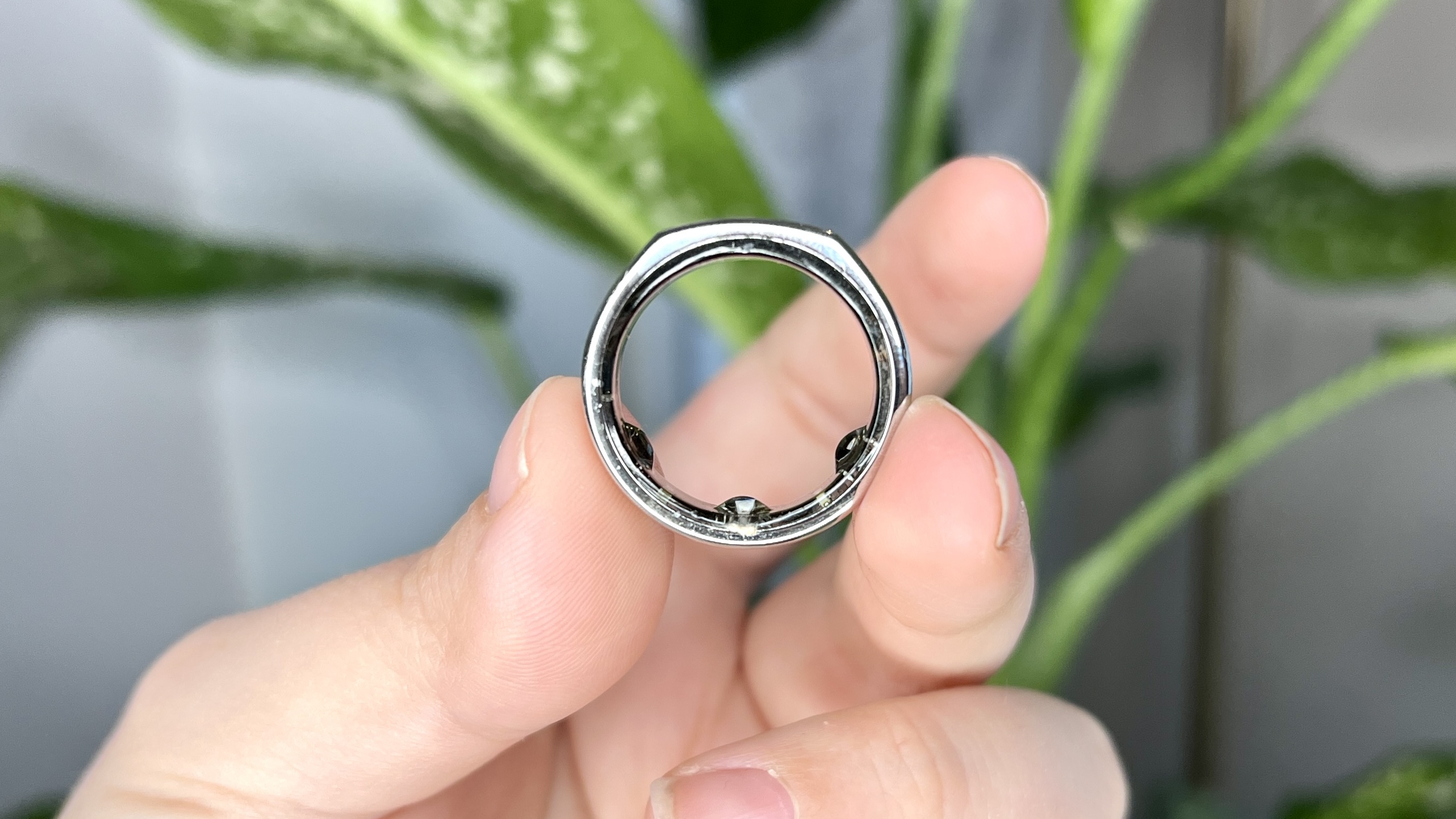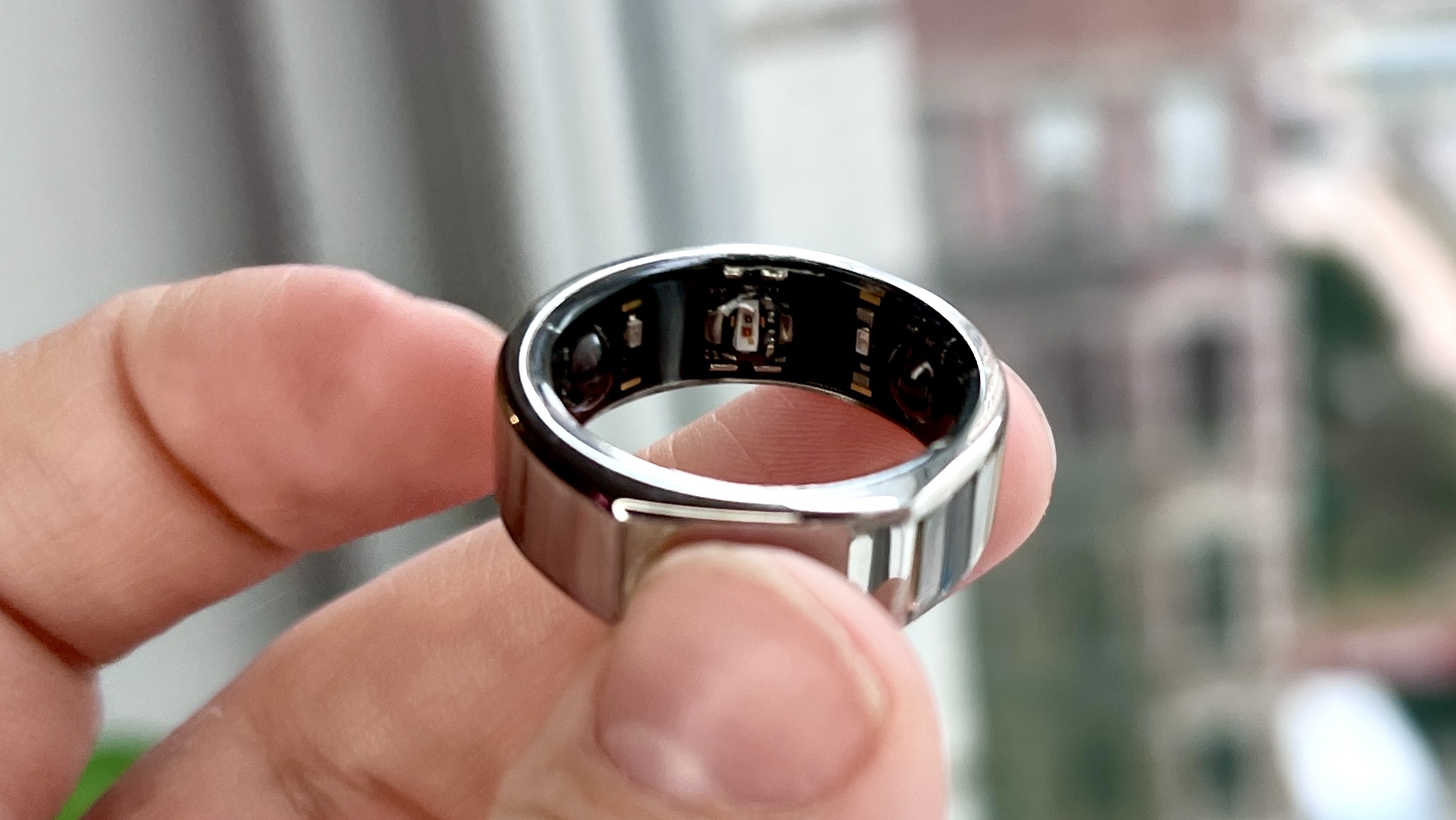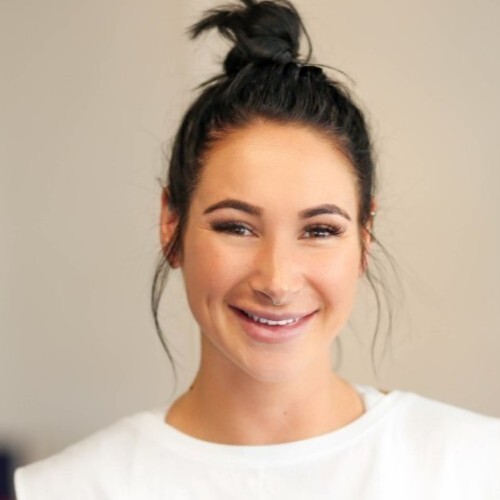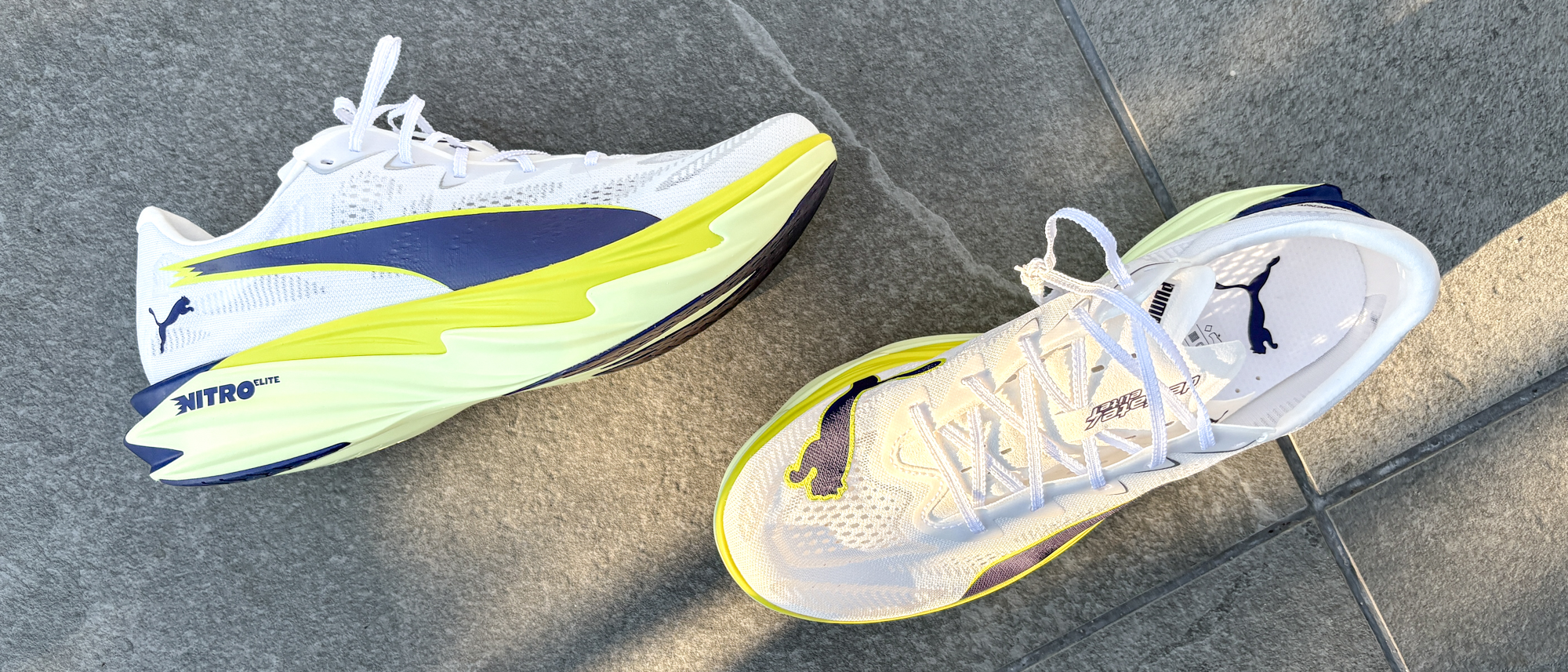I used my Oura ring fitness tracker to manage stress — here’s what I noticed

If you didn’t know a ring could offer stress relief, you haven’t met the Oura ring. Although hand candy wouldn’t be my first port of call for health management, this is no ordinary ring.
And it seems we should all be taking a hot minute to check in with our stress. According to the Stress in America 2022 Survey by the American Psychological Association, around one-third of adults report feeling overwhelmed with stress, and over 70% of people have experienced physical sickness as a result in the last month.
The best fitness trackers and smartphones do just about everything these days but could mine offer me stress management too? In light of Stress Awareness Week, I thought I’d put the Oura ring to the ultimate stress test and see if it could help me manage and reduce stress. Discover what happened when our writer spent a month with the Oura fitness tracking ring or read on to find out how I got on.
What is the Oura ring Generaion 3?
The Oura ring was designed in Finland to measure, monitor and improve health and fitness with a unique focus on sleep and stress, and the Oura ring just became a much better fitness tracker, too. The ring's position is primed to read your body’s signals using sensors to track sleep, oxygen, heart rate, and temperature and create a personal mapping journey of your health and habits on its partner app.
The ring isn’t cheap — it retails between $299-$399 — but if you can navigate past the hefty price tag, it could be a game-changer for tracking and improving stress and sleep. They say you can’t put a price on your health, but can you? I found out.
I used my Oura ring fitness tracker to manage my stress — here’s what I noticed
I kept my ring on 24 hours a day for the first month (aside from charging) to maximize the ring's accuracy. Oura says it takes around a month for the device to ‘learn’ you, so I logged as much information as possible. Here’s what I noticed.
1. My sleep hygiene sucks
I quickly learned that my sleep hygiene sucks. The app gives you an overall sleep score across factors like time asleep, latency (how long it takes to fall asleep), efficiency, REM sleep, and restfulness. After doing a bit of digging, I chose to focus on two stress-related sleep factors: deep sleep and heart rate variability.
Get instant access to breaking news, the hottest reviews, great deals and helpful tips.
Heart rate variability (HRV) refers to variation between your heartbeats and tells you how well your body responds to training, travel and stress. It is a powerful way to measure how well your nervous systems are balanced, with a high HRV associated with your parasympathetic nervous system (rest and repair) and a low HRV indicating you’re in the sympathetic nervous system (‘fight-or-flight’).
Deep sleep is recovery focused. You should average between an hour or two per night, but this declines with age. During deep sleep, your blood pressure and heart rate drop, muscles can repair and grow, and your immune system rests. Deep sleep deprivation is usually associated with high stress, stimulants like caffeine, and bright screens before bedtime (me in a nutshell).
My HRV hovers between 42-56 (the highest HRV score is 120), and my deep sleep rarely crept past one hour. I have a lot of work to do.
2. The daily meditations work
The Oura ring has an explore section full of guided meditations, breathing exercises and deeply relaxing bedtime stories and soundscapes. I didn’t know I wanted an Amazon jungle soundscape to send me to sleep until I had one.
Research has shown that short meditation can significantly reduce stress and improve sleep. I have since incorporated daily meditations into my morning routine and use quick breathing exercises in the app if I feel overwhelmed.
3. My stress levels affect my workouts (and vice versa)
When my HRV was low, the Oura ring would deliver a low daily readiness score and recommend gentle exercise and rest over high-intensity training. Surprisingly, this aligned closely with how I felt and helped me consciously check in mentally and physically before training.
Studies show that late-night exercise can ramp up cortisol levels, which elevates heart rate and temperature and keeps you on ‘alert.’ I go to CrossFit classes after work and have always struggled with my sleep on nights when I train late. I recently switched my routine and noticed a small difference in my restfulness levels the next day. I now prioritize gentle yoga and stretching in the evening and schedule CrossFit classes in the morning instead.
As it turns out, my workout was stressing me out.
I used the Oura ring fitness tracker to manage my stress — my verdict
I have always been a night owl who struggles with restless sleep and stress, but this was even more confirmation that all aspects of health are intrinsically linked. Our bodies are far more intelligent than we realize, and I’ve had to make conscious changes to improve my sleep and stress.
First in the bin were the late evening CrossFit classes. I always knew late-night exercise wasn’t ideal. Still, after sifting through the research on cortisol and exercise, overwhelming evidence cites intensity as the problem, as you are heightened (chemically) on all fronts. On the contrary, the same study found that low-impact exercise reduces cortisol levels.
Although I don’t enjoy peeling myself out of bed in the morning (counterintuitive to being a fitness coach, I know), my CrossFit workouts are now a staple morning routine, and I’ve already noticed my energy levels surge throughout the day. The cortisol hangover from late-night screen time and intense exercise still disrupts my mood, but the improvements are there.

If I feel restless in the evenings, I make a valiant effort to bed down on one of the best yoga mats and stretch or do a yoga class instead. Yoga is one of the best exercise methods to reduce stress and anxiety, and this bedtime yoga routine could soothe most people to sleep.
What else did I learn? No stimulants before bedtime, so I am currently blitzing through the Oura ring guided meditations instead.
But has it worked? Although it is early days, I must admit, I am waking up calmer, and my sleep scores are slowly improving. I am far less efficient in the gym when I’m grumpy and tired, which only compounds my stress levels. Morning classes are great for pepping your energy, mood and productivity during the day, and I now have more free time to spend with my dog and partner in the evenings. Win-win.
If you are struggling with stress and sleep, why not experiment with some of the extra features on your fitness tracker?
If you are struggling with your stress, check out the best weighted blankets and how to sleep better at night with these tips.

Sam Hopes is a level 3 qualified trainer, a level 2 Reiki practitioner and fitness editor at Tom's Guide. She is also currently undertaking her Yoga For Athletes training course.
Sam has written for various fitness brands and websites over the years and has experience across brands at Future, such as Live Science, Fit&Well, Coach, and T3.
Having coached at fitness studios like F45 and Virgin Active and personal trained, Sam now primarily teaches outdoor bootcamps, bodyweight, calisthenics and kettlebells.
She also coaches mobility and flexibility classes several times a week and believes that true strength comes from a holistic approach to training your body.
Sam has completed two mixed doubles Hyrox competitions in London and the Netherlands and finished her first doubles attempt in 1:11.
 Club Benefits
Club Benefits





